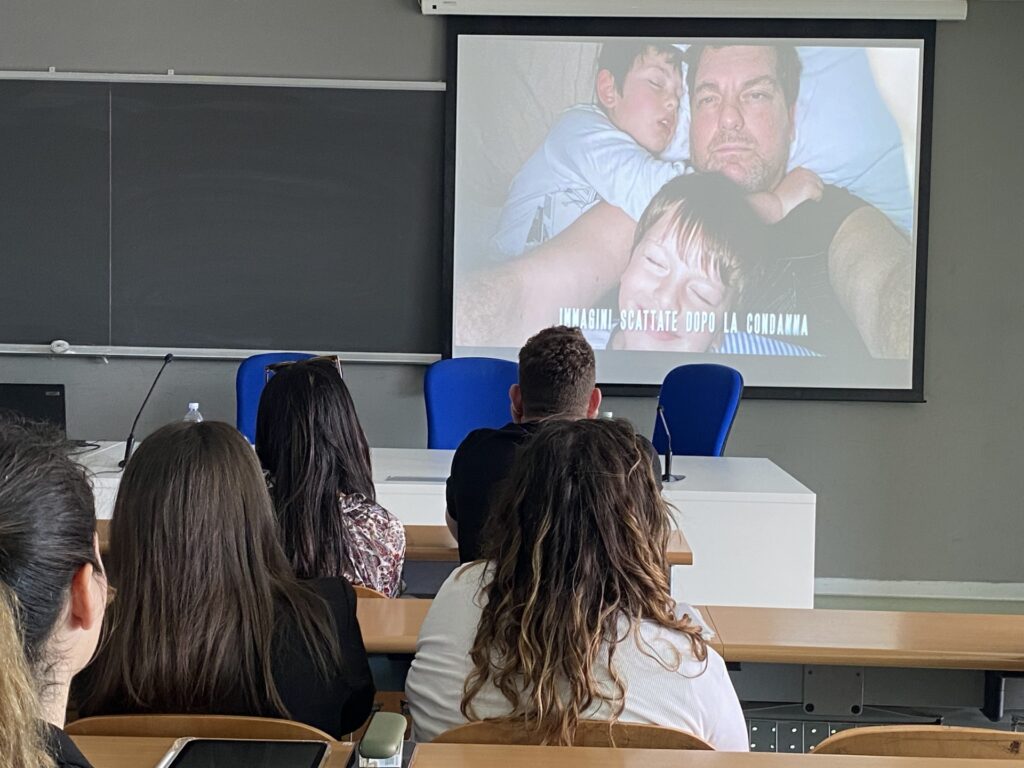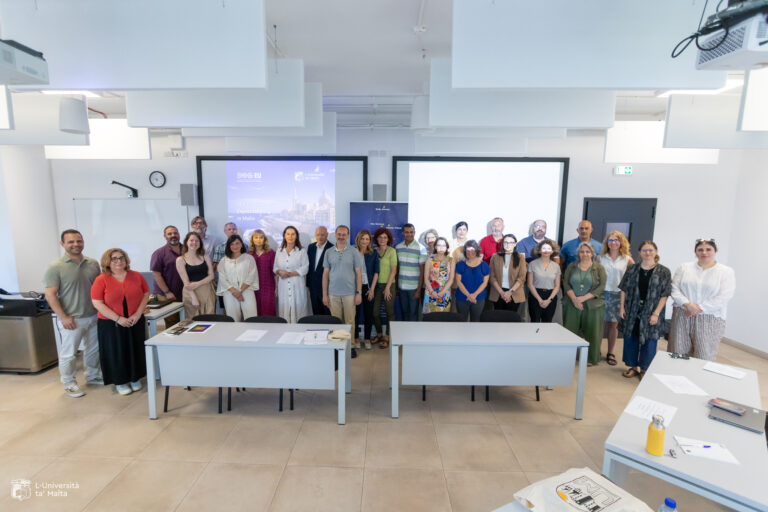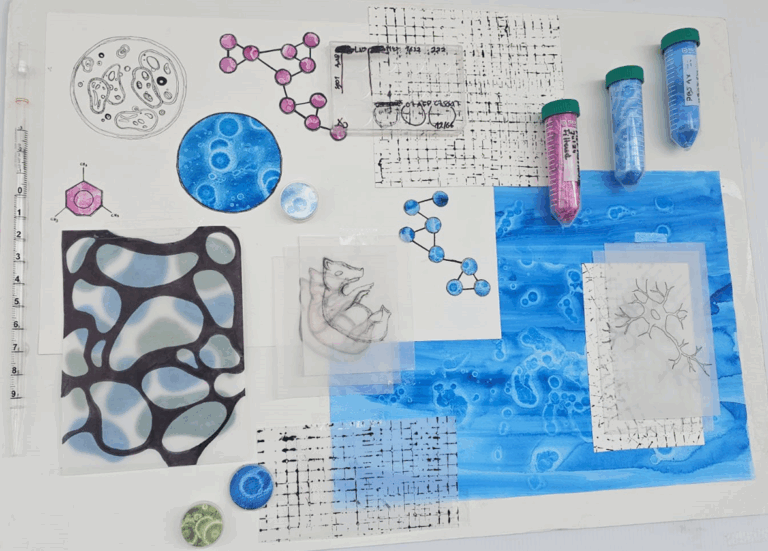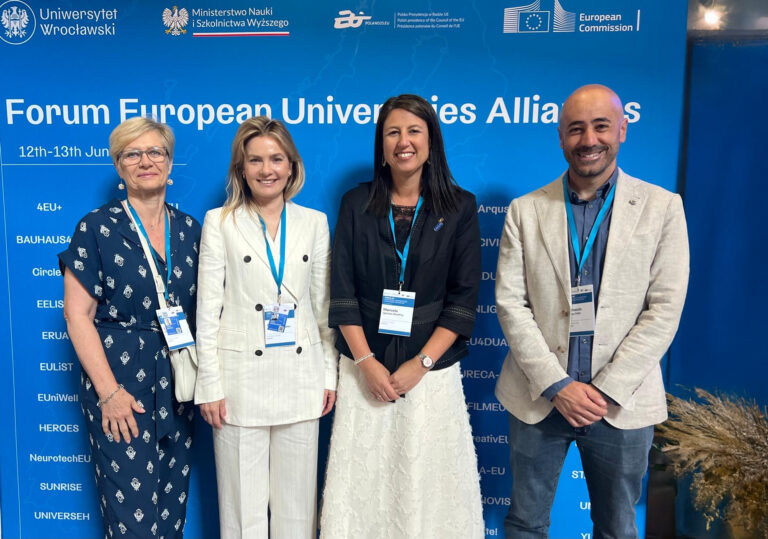
The Italian film director Ambrogio Crespi met law students at Parthenope University to start a debate about legality and justice in the national legal system. His personal story, become public knowledge, was told screening the recently released documentary film “Stato di Grazia” (“State of grace”), recorded by journalist Luca Telese. In particular, the director met students of Criminal Law and Criminal Procedural Law.
A multi-voiced discussion between the director and the speakers begun: the professor of Criminal Procedural Law, Prof. Carla Pansini, organiser of the meeting, Pro-Rector Prof. Francesco Calza, the Professor of Criminal Law Alberto De Vita and Dr. Ernesto Aghina, former President of the Court of Torre Annunziata started a debate, moderated by the journalist Fiorella Anzano.
The film tells the story of the legal case that has overwhelmed Crespi, who throughout his career as film director spotlighted social issues. He was sentenced to six years in prison for external complicity in mafia association in a vote-buying investigation dating back in 2010. The director declared himself totally extraneous to the contested facts, and immediately collected expressions of esteem and support from civil society and the political and institutional world. Finally he managed to emerge from the nightmare thanks to the intervention of the President of the Italian Republic Sergio Mattarella, who granted him a partial pardon.
“Stato di Grazia,” Crespi told the students, “is a journey through the legal case, without a script, that faithfully retraces the trial documents to demonstrate how the accusatory castle against me gradually collapsed. However, it is also the story of a family,” he then emphasized, moved, “my family, which has withstood this enormous burden and of the many people who have supported me. My battle ended positively, but how many people remain trapped in mechanisms like this and never get out of them?”
At the end of the meeting, a piece of advice for students who are starting a career in the legal field: “The future is called legality and we must always have faith in justice, otherwise we do a favour to crime. However, we must always judge carefully and evaluate proofs and documents impartially to condemn the guilty party, while being careful not to hit innocent people. Without looking for the guilty party at all costs, even where there is none”.
Reality, sometimes, is more complex than a black and white picture.



